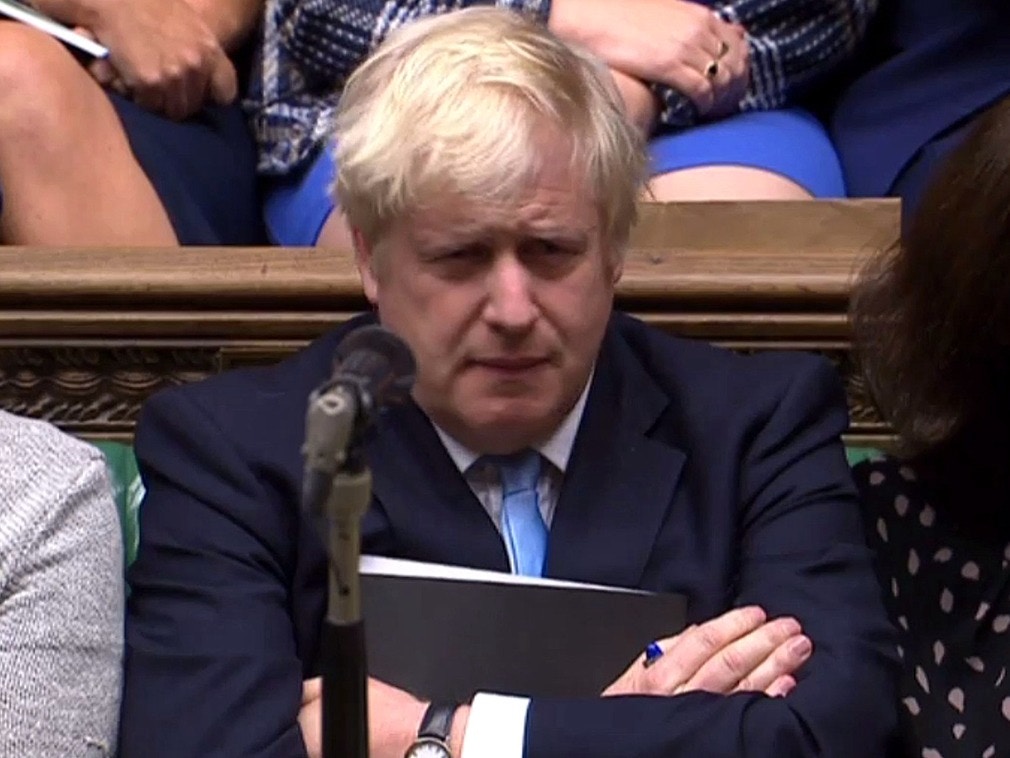To discuss the most ups and downs in contemporary international politics, it is Brexit. In order to leave the European Union, Britain has been in trouble for three years, chaos for three years, and “getting off” or “not getting off” has suddenly become a century riddle, and the Prime Minister has changed three positions.
On December 12, the British general election was held again. This election is extremely rare, as it has not been held in the Christmas season for the first time in almost a century. What’s more interesting is that Boris Johnson just won a high vote in the Conservative party election in July this year, and became the new British Prime Minister. Normally, the next election will not be held until 2022.
It never occurred to me that in less than half a year, a new round of elections was held 3 years in advance, and all this happened because Johnson ’s Brexit deadline on October 31 was rejected by the parliament. He intended to use the general election to restore the Conservative Party A majority in the House of Commons to advance a new version of the Brexit agreement reached with the EU in October.
For this election, Johnson had already won. The poll results released on November 16 showed that Johnson’s Conservative Party was 10 to 17 percentage points ahead of Labor. The Conservatives ’approval rate is 45%, the highest since 2017.
However, as polling day approaches, the gap between the Conservative Party and the Labor Party has narrowed. The latest polls show that in the December 12 vote, the Conservatives will get a 43% support rate (339 seats), or win a 28-seat advantage, but the possibility of a suspended parliament (that is, no party has a majority in the parliament) Sexual increase.
From the occurrence of the three general elections, we can see a rule in British politics to deal with the “dilemma”: when there is a problem, the election. But the election clearly did not solve the problem. There are two main reasons why Britain is in such a position.
On the one hand, the electoral system has been abused. Elections are a democratic, equal, and effective way of reflecting a country’s polity, which is conducive to the selection of public opinion representatives and the transmission of social opinions. But the electoral system is not a panacea and cannot solve all problems. Elections occur in the face of major events, and it seems that I hope to find a solution from the elections. But election after election has not only failed to heal the original differences between Britain and the European Union, but “Brexit” has forced the British government into a dilemma.
On the other hand, the myth of representativeness is a society. Every British citizen expects to be represented by the country and wants to speak for himself through the votes in his hands. But the problem facing British politics and society is not “whether citizens are represented”, but that society lacks a consensus that can represent the majority. This tearing situation stems from other problems, such as the UK’s unclear understanding of the interests and responsibilities of being a member of the European Union, the deformity of social education and employment resources, which has caused social polarization. All these issues are the key factors that have caused Britain to fall into a “Brexit” deadlock.
It is clear that Britain is already trapped in the “magic” of “cannot solve the problem,” and in the process of holding elections, more problems have arisen. Now that the British election has officially started, the Conservatives have a winning chance, but at the last minute, the poll advantage has been repeatedly reduced, and the chances of a suspended parliament have increased. It is unknown whether Johnson can restore the Conservatives’ majority seat in the House of Commons. Recalling that Theresa May held a general election in the opinion of the advantage of the polls in the end, but ended up “lost a lot.” Even Johnson ’s proper expansion of the seat this time was a fluke. At first, I hoped that the election could win public support Original intention, can you really get what you want now?












